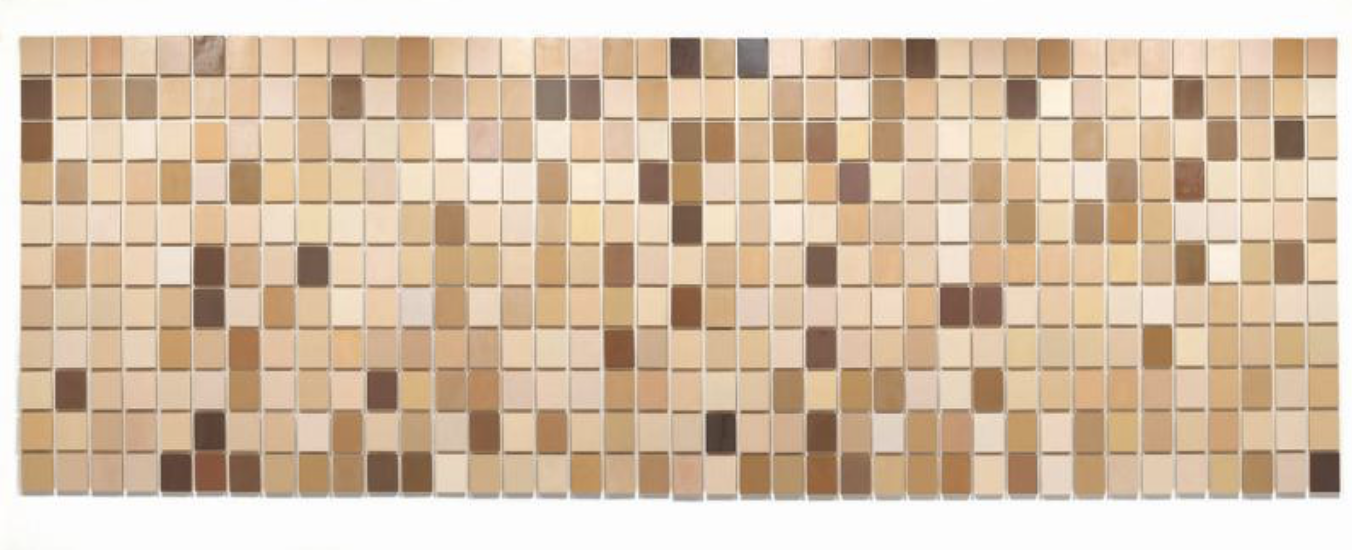By Takdeer Brar, July 21, 2022
Critical Race Theory (CRT) is among the most hotly contested frameworks for understanding our society and institutions. On one side of the debate, its most stalwart defenders insist that any and all differences in wealth, academic achievement, and social status are solely determined by one’s race. On the opposing side, we have those who simply reject this position outright, contending race is never a factor in informing outcomes.
As always, the truth is not so black and white. Yes, race has a part to play in the different outcomes we have come to see in, for example, our criminal justice system. No, it is not the sole and only factor in determining such outcomes. Lost somewhere between these two is the moderate but murky position held by a majority of our citizenry.
By allowing the debate to be dominated by these two extremes sucks all the oxygen out of the room. This has provided ample fuel and fodder to a media landscape more interested in clicks and kicks than the truth.
It is worth focusing on how CRT plays a unique role in eroding the debate. By reducing everything, and more importantly, everyone to one’s race – as CRT urges us to do – comes at the expense of discussing the arguably more significant effects of socioeconomic status, culture, age, geography, gender and more on differences of outcomes.
CRT also leads its most enthusiastic followers to embrace a theory of intra-racial homogeneity – one that tends to assume that the values, opinions, and experiences of a person can be defined by little more than their race. In so doing, we have return to the dangerous old trope of the monolithic minority group. And this high cost is paid overwhelmingly by peoples of color like me: the same people of color CRT claims to help.
To illustrate my point, let me tell you a little bit about myself. I am the Canadian-born child of two working-class Punjabi immigrants. I was raised in Oakville. My favorite food is sushi. I loved the new Top Gun: Maverick movie. I’m in my twenties. I am more conservative than most. Hockey is my favourite sport.
According to the mainstream media, none of these factors are relevant. No need to bother to go to the efforts of speaking with me or getting to know me, my family, my heritage or what I enjoy doing on the weekends. Instead, everything you need to know about me can be pre-determined by the color of my skin. I am nothing except a dark-skinned brown Indian man – despite the fact I’ve hardly ever visited India and do not speak Punjabi.
That is to say, I am not judged by who I really am or the choices I make but rather by an accidental feature of birth entirely out of my control – the colour of my skin.
Up until quite recently, there was a particular word for this kind of reductive, hateful thinking: racism.
Following from this, if someone else shares the same percentage of melanin then we must be exactly alike. We must think, act, vote, and live the same way.
Consider the ludicrousness of this suggestion. Take the home country of my parents, India, as an example. India is home to over 1 billion people, 28 different states, 122 major languages with 1599 other spoken tongues, at least seven different major religions – does that resemble a homogenous uniform monolith to anyone? Of course, CRT advocates would claim that the very concept of “race” varies from society to society, and that racist systems and structures must still be understood as being at the root of power dynamics. The honest truth is that the theory breaks down completely outside of examining narrow, US-centric examples.
Quite frankly, coming from the working-class background I do means I have more in common in terms of values and a way of life with a coal miner in West Virginia or a resident of Compton California than I do with the Indian CEO of Pepsi.
But where this newfound racism really makes itself known is in our universities. “Uncle Tom,” “uneducated,” “white supremacist,” “bootlicker,” “fascist” – this is not merely a collection of my favourite insults or a survey of some of the lovely comments found on my Twitter Feed. Rather, these ad hominem attacks represent but a small sample of the many names I have been called in the classroom.
What, you may justifiably wonder, could I have possible said to elicit such attacks? What unforgivable crime had I committed? It’s quite simple: I committed the gravest sin of them all – I dared to challenge our newly baptized “Woke” prophets.
You see, my history professor was a new convert to the religion of Wokeism. And as is true of most new converts, she came with a special zeal and a lot to prove. When I once told the classroom that I did not believe that white people were inherently racist – my professor took it upon herself to “educate” me in front of my peers: I, the only person of colour, in a room otherwise full of white people. According to her, I wasn’t simply mistaken but I had been unconsciously brainwashed. Unbeknownst to me, this was proof I hated myself – I had internalised the “whiteness” around me and was now racist against myself.
How charitable of her.
On the face of it, it appears logic-defying: a white professor was lecturing me, as a first-generation child of two Indian immigrants, on what constituted racism.
Up until now, I had never viewed my life through the prism of race – honestly, it’s the least interesting part about me. Now, however, I am told that everyone else around me sees me only through my skin color. To those who would engage in such prejudice, I ask: do you realize how damaging that is to one’s sense of self? The over emphasis on race forces people of colour to question the merit of their own achievements. Did I really get that new job because of my hard work or was I simply a number to fill a race quota? Did I deserve that A, or does the professor have white guilt for which to atone?
Because of this newfound brand of racism, I will never know. For the rest of my life, all my accomplishments will come with an asterisk next to my name.
And herein lies the problem: the victims of this gross weaponizing of race are none other than people of colour. Our unique histories, cultures, religions, tastes and backgrounds are all subsumed under a theoretical category of skin colour. This is a kind of identity erasure whereby everything that makes us unique is instead assimilated under skin colour. By promoting homogeneity, ideologies like CRT are erasing cultures, languages and heritages – the very things that make us unique. In the end, CRT’s impact is that we end up with a uniculture.
It is both degrading and demeaning: but above all, it is dehumanizing. What makes us human are our differences – and this ought to be celebrated. But by reducing men and women to their skin colour, we are robbed of our dignity and uniqueness to become lumped into a single homogenous monolith.
And the leaders of these ideologies? Well, they have the luxury of sitting in their well-furnished ivory towers and debating the theoretical implications of their work. They are largely insulated from the consequences of their ideas. But for the rest of us? We are stuck carrying this terrible burden and paying the price in practice. Our identities become fixed in skin colour – and there is nothing we can do about it.

Takdeer Brar
Takdeer Brar is an intern at the Macdonald-Laurier Institute focused on the SFO project.

